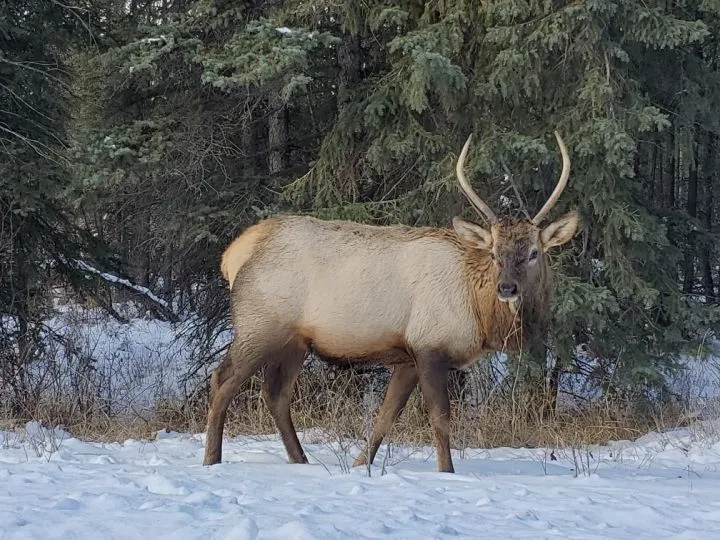Adventure
Third Indigenous Group Seeks Access to Jasper National Park, Citing 1911 Eviction

A Third First Nation Advocates for Increased Access and Co-Management Rights in Jasper National Park, Citing Past Eviction
Members of the Aseniwuche Winewak Nation are urging Parks Canada for enhanced access and partial hunting rights within Jasper National Park, emphasizing their historical ties and claiming eviction during the park’s establishment in western Alberta.
In an Oct. 27 letter addressed to Jasper National Park superintendent Alan Fehr, the Aseniwuche Winewak Nation urged immediate negotiations with Parks Canada to restore access to the park and prioritize their involvement in its co-management. They highlighted their status as both the park’s neighboring Indigenous community and its former inhabitants.
Recently, Parks Canada commemorated the renewal of an ancient treaty between the Simpcw and Stoney First Nations, affirming resource-sharing within Jasper. Parks Canada indicated this ceremony was part of a broader effort to re-establish ties with the original Indigenous groups and restore their influence in park management. Notably, this led to the first hunt in Jasper since 2017, conducted under an agreement with Parks Canada.
Despite this, Fehr clarified that the ceremony didn’t grant any new rights to any First Nation. However, David MacPhee, president of the Aseniwuche Winewak, expressed concern about his people being overlooked, noting their eviction from the park in 1911, supported by the band’s oral history documenting the involvement of the Mounties in their removal.
Around 550 band members, mainly residing in the Grande Cache area, continue to use lands adjacent to the park. MacPhee emphasized their deep cultural ties to the mountains and highlighted their historical connections to the park, stating that these connections are as significant as those acknowledged by Parks Canada.
The Aseniwuche Winewak Nation voiced disappointment over Parks Canada prioritizing agreements with distant First Nations while neglecting reconciliation efforts with the Indigenous community residing close to the park. MacPhee also pointed out their exclusion from discussions between Parks Canada, the Stoneys, and the Simpcw.
Responding to these concerns, Fehr clarified that the recent ceremony primarily celebrated the treaty renewal between the Stoneys and the Simpcw and wasn’t initiated by Parks Canada. He assured further discussions with Indigenous groups regarding park activities, including limited hunts, welcoming the Aseniwuche Winewak Nation’s participation.
The Aseniwuche Winewak Nation, headquartered in Grande Cache, is not covered under Treaty 8, signed in 1899, encompassing northern Alberta and several First Nations from other regions. The Nation’s website highlights the lack of recognition and rights afforded to them as an Indigenous group under Canadian law.